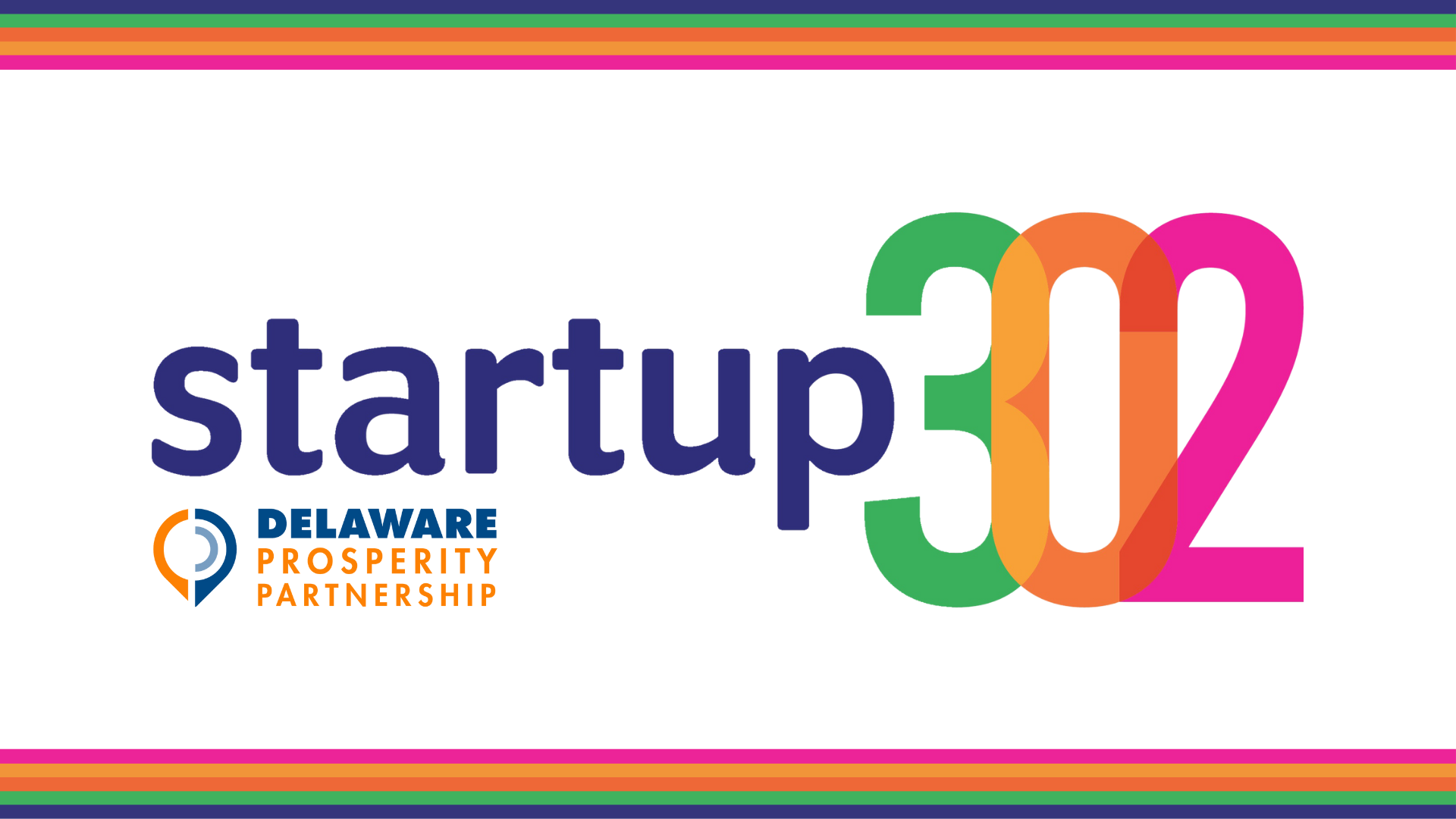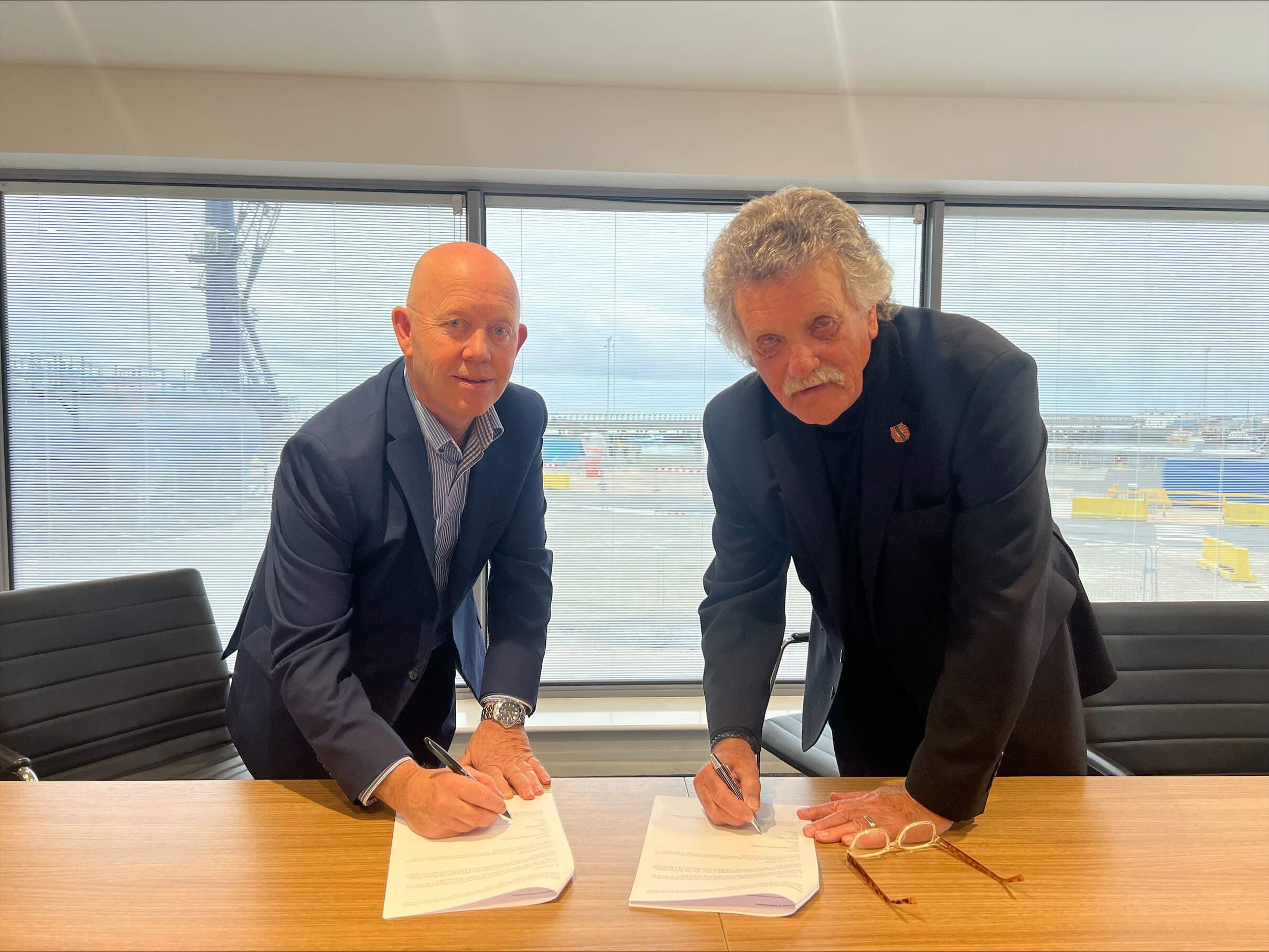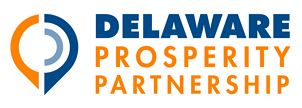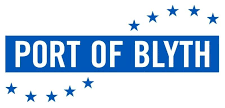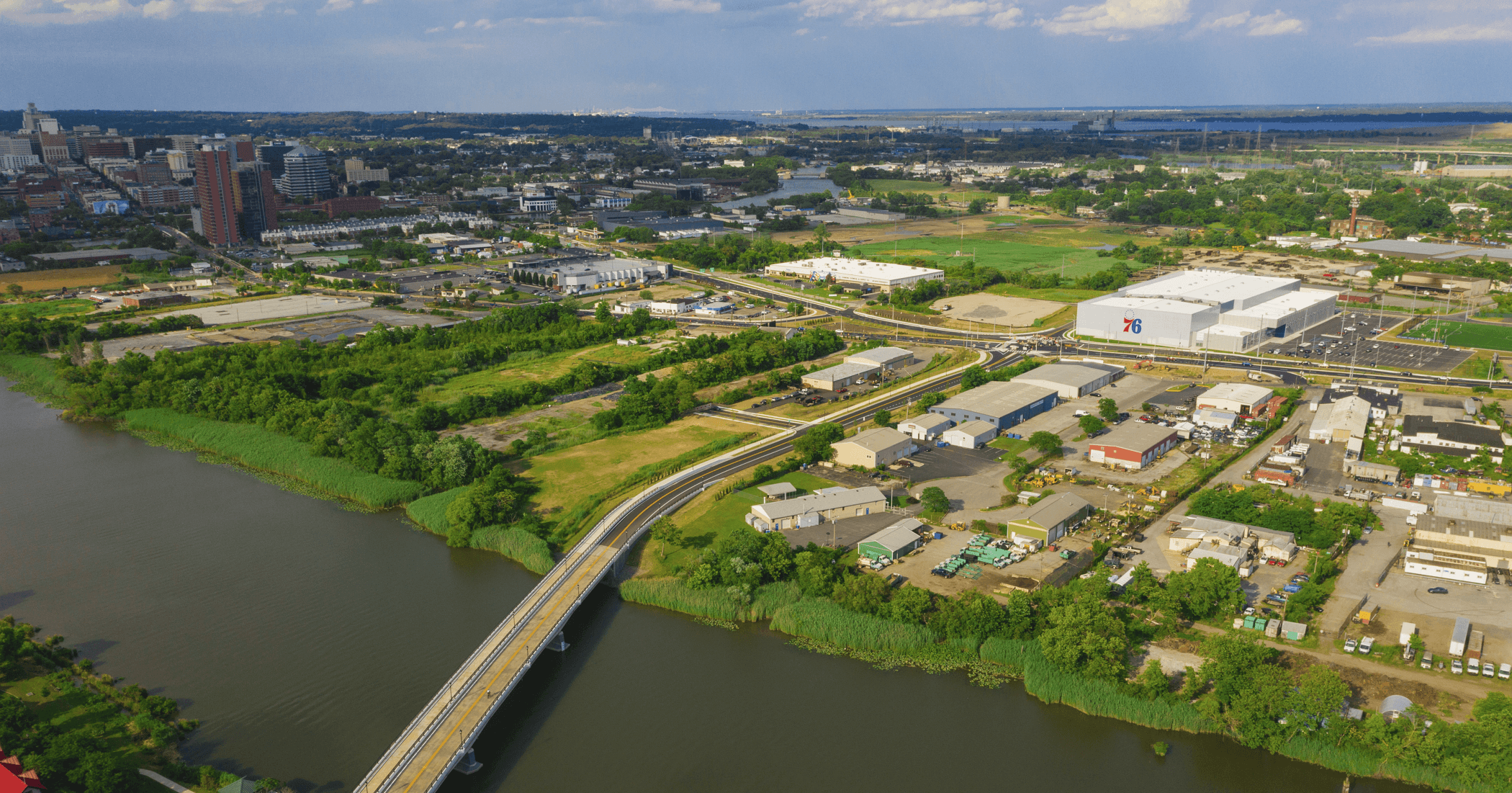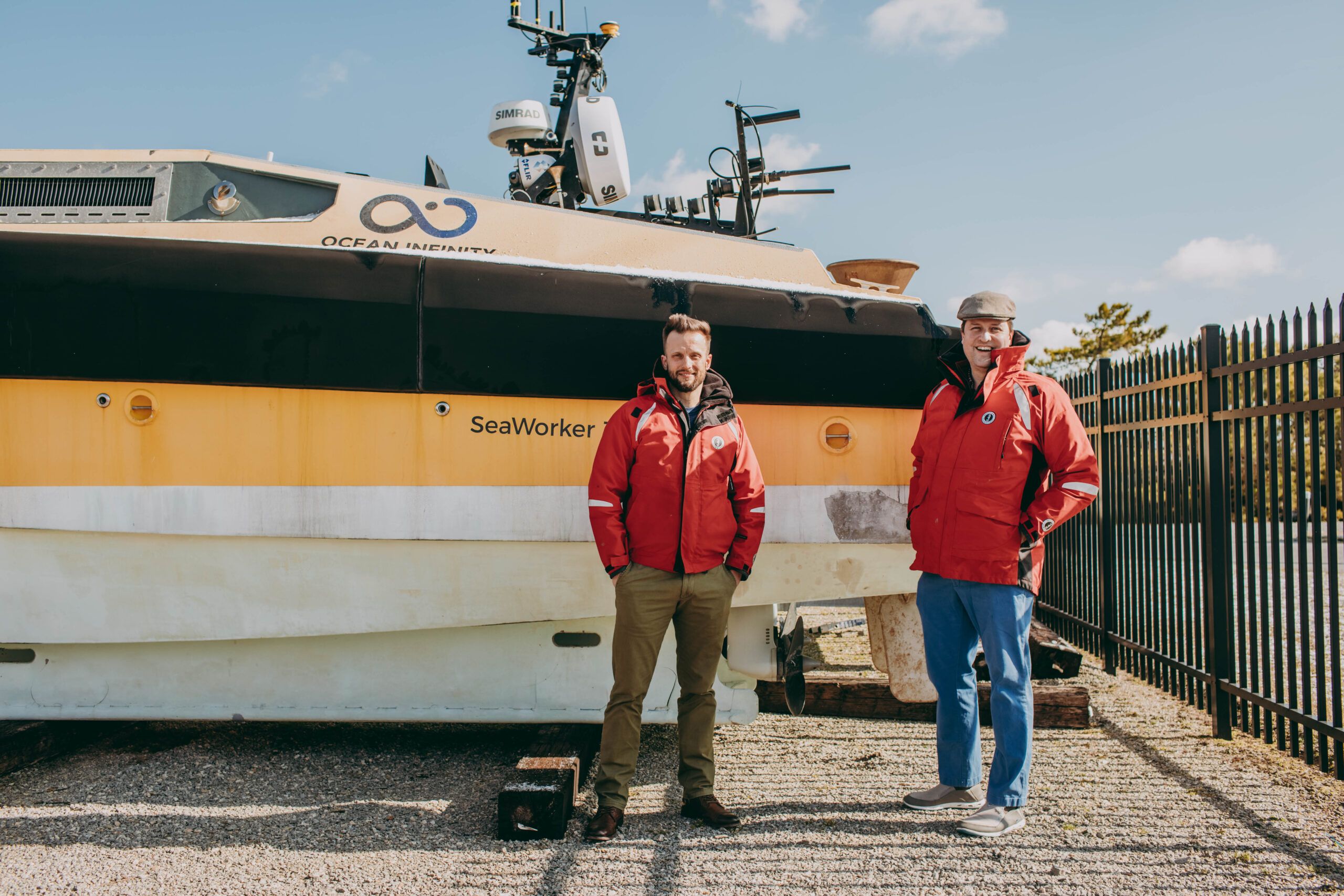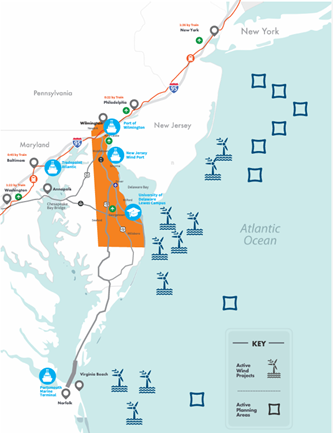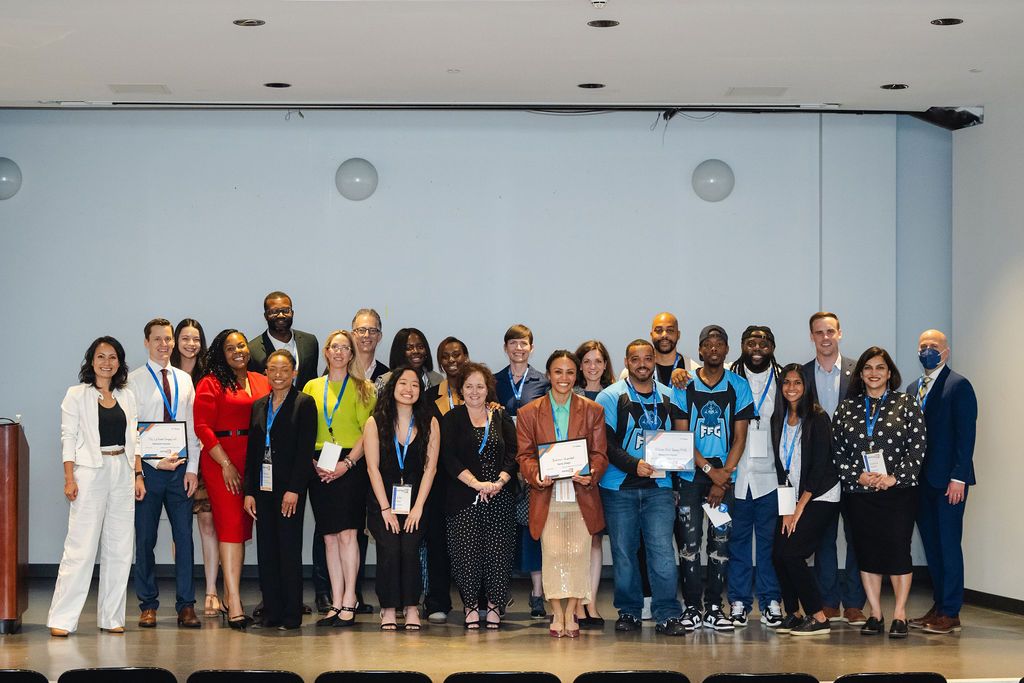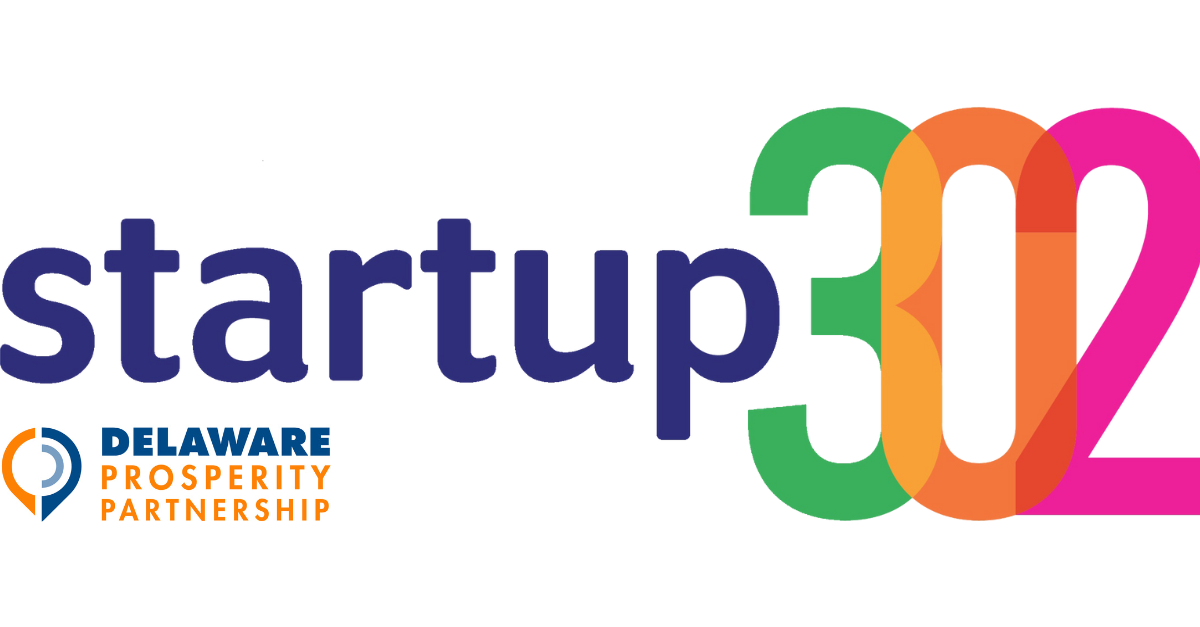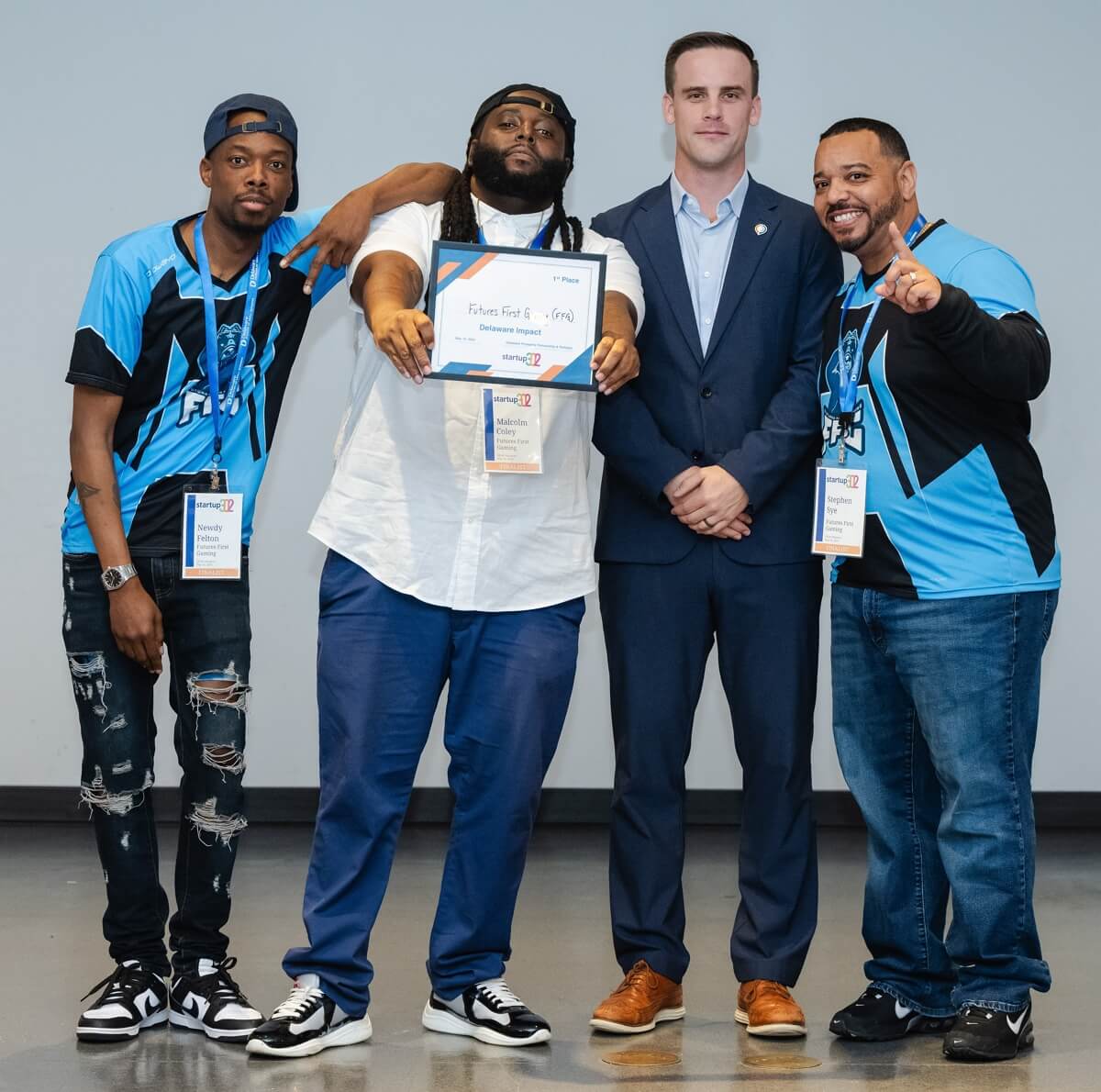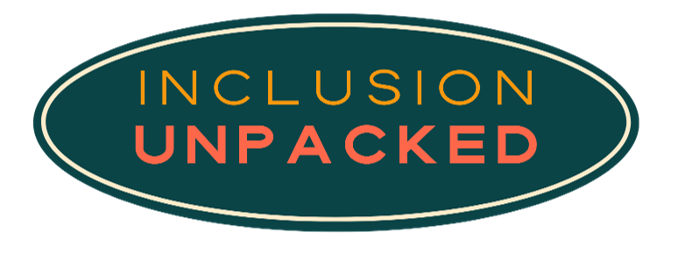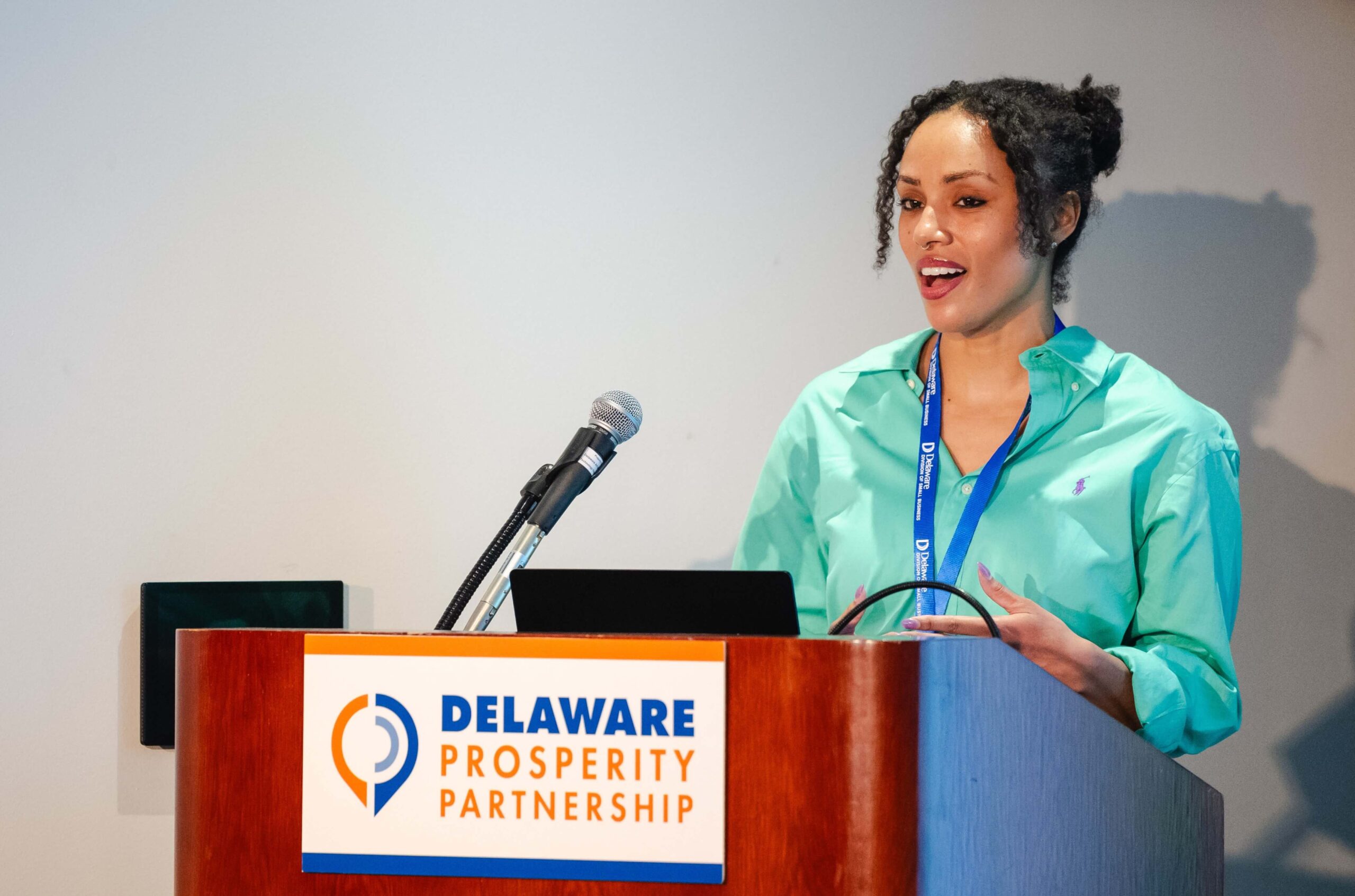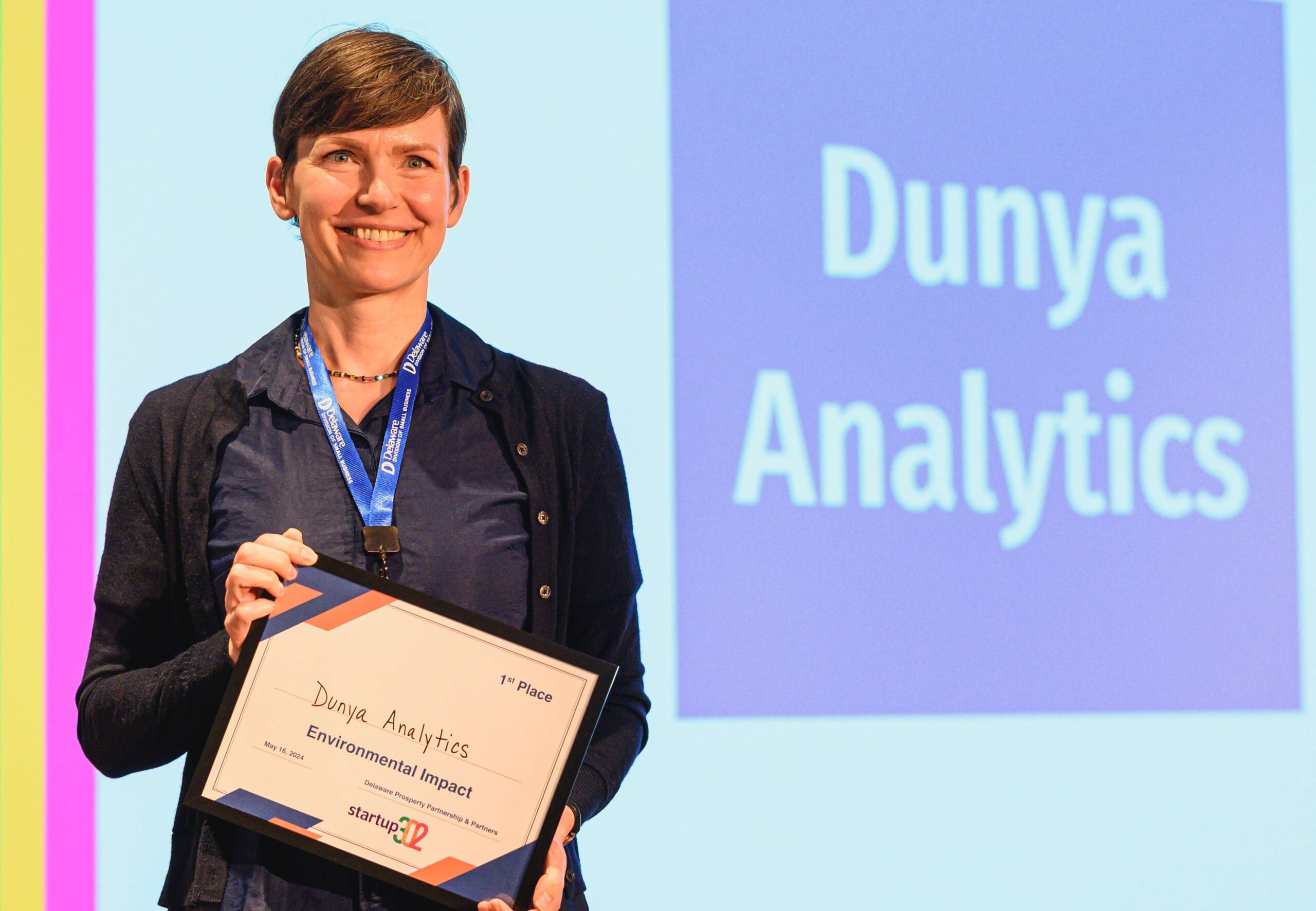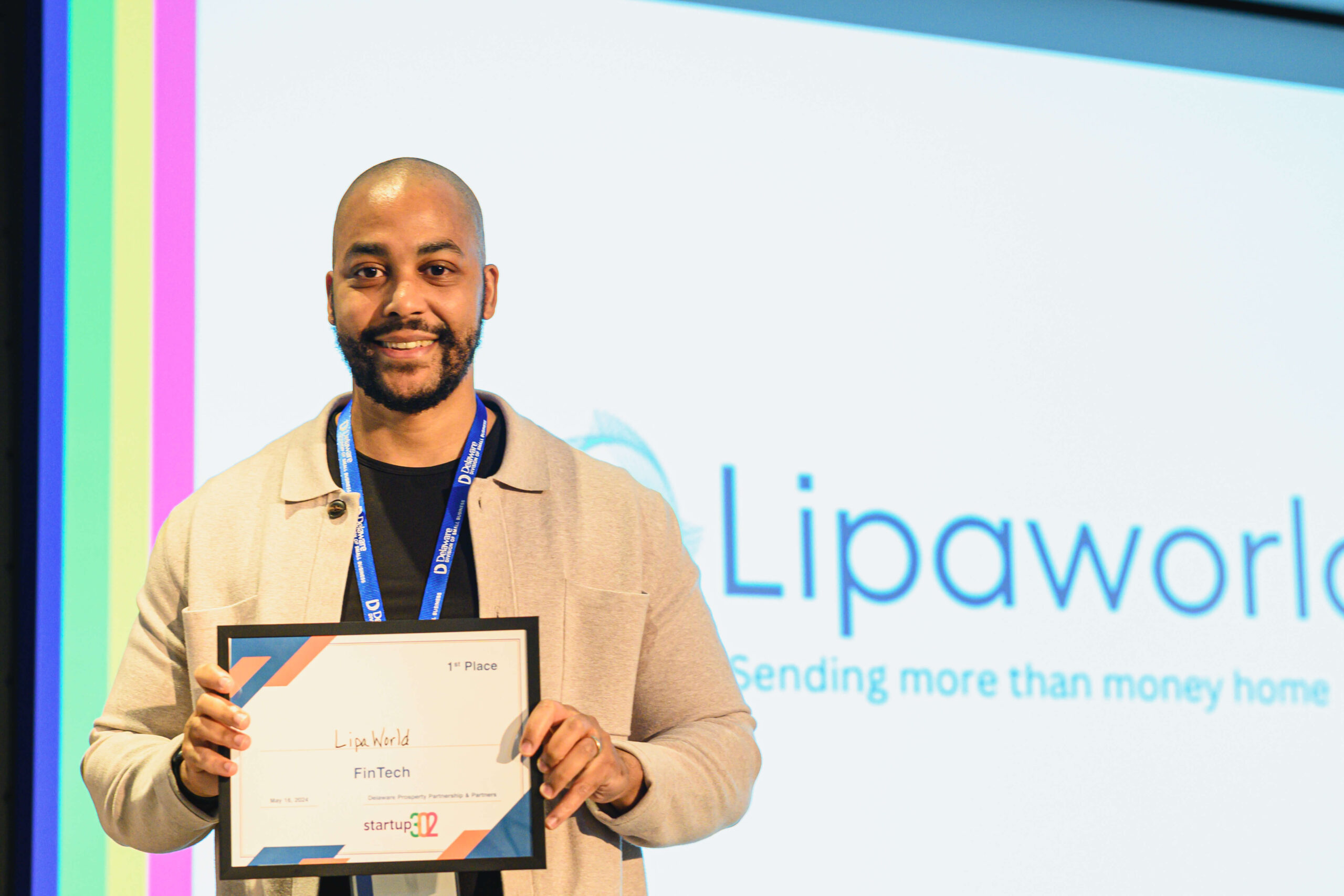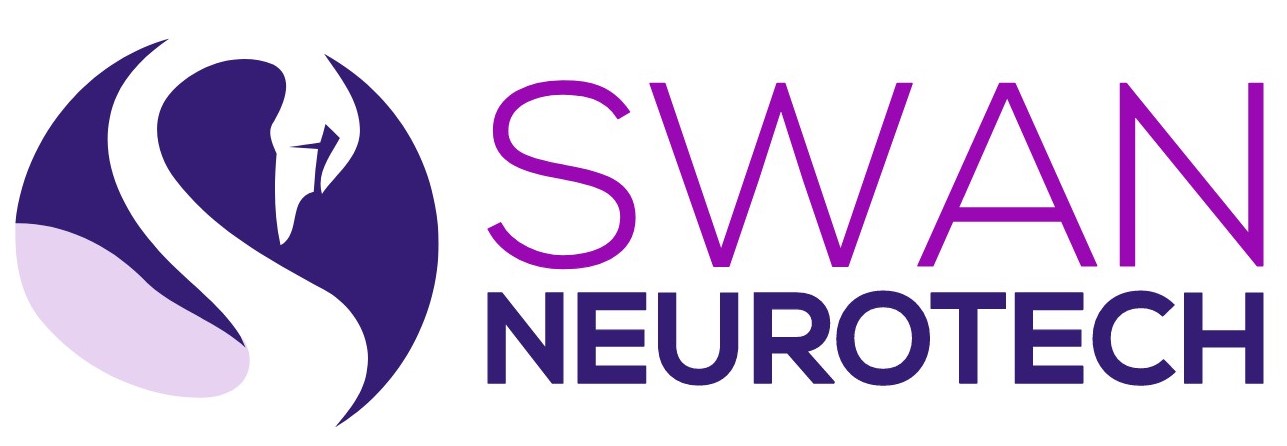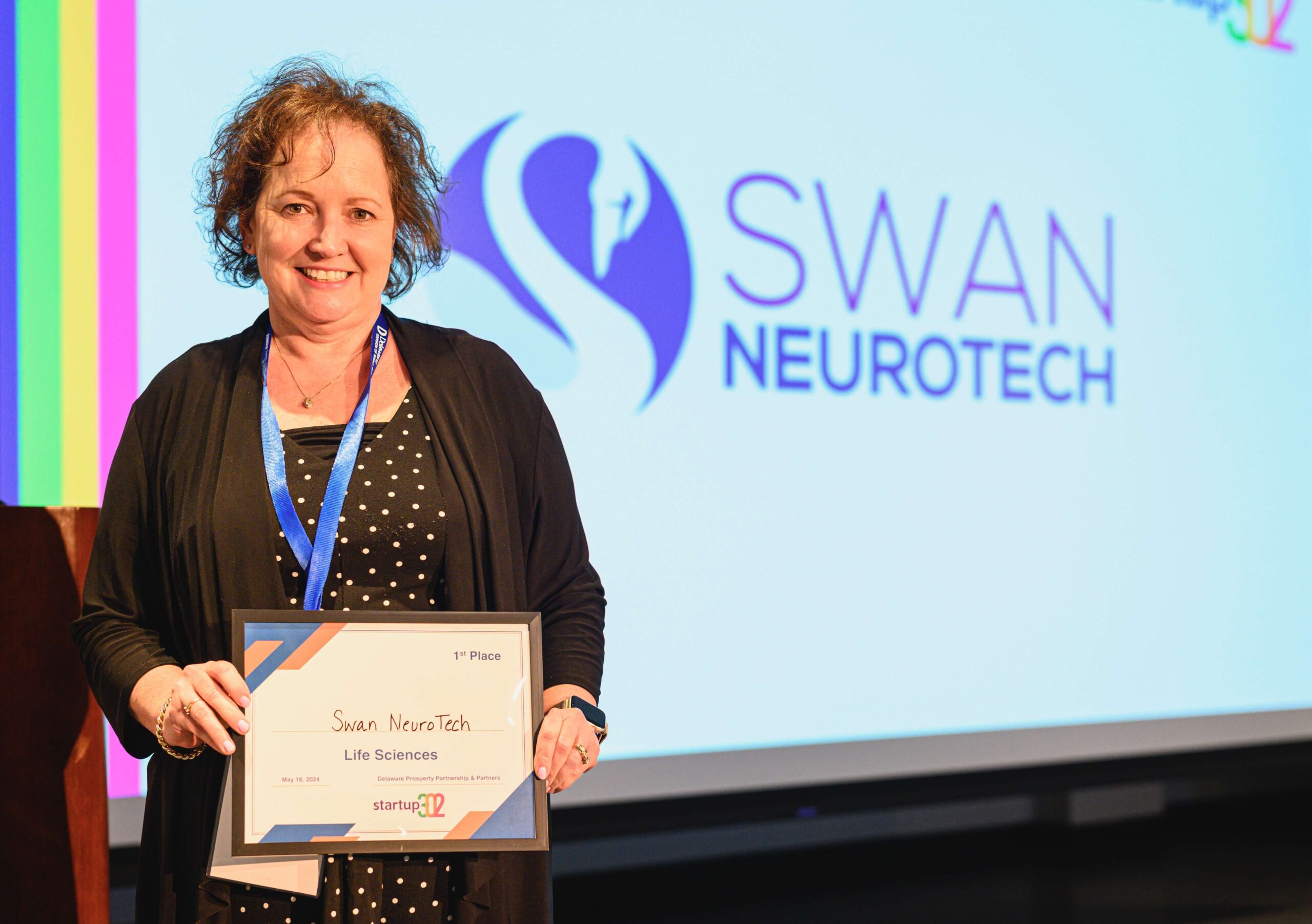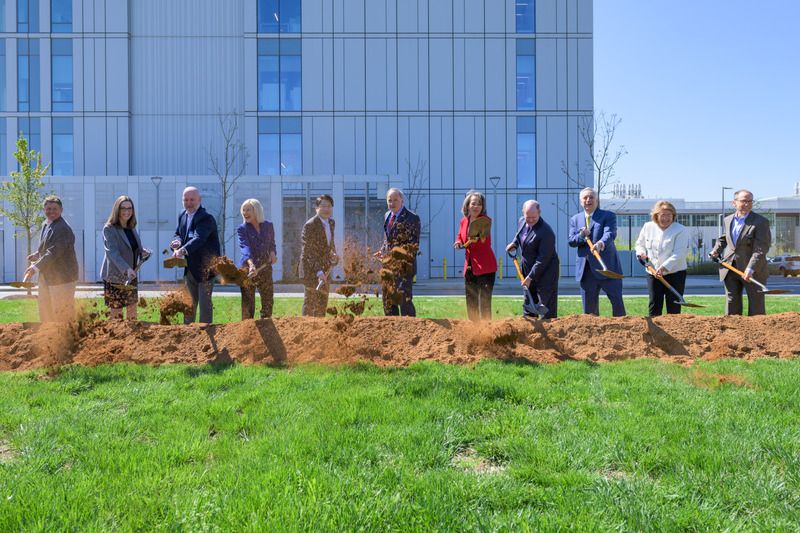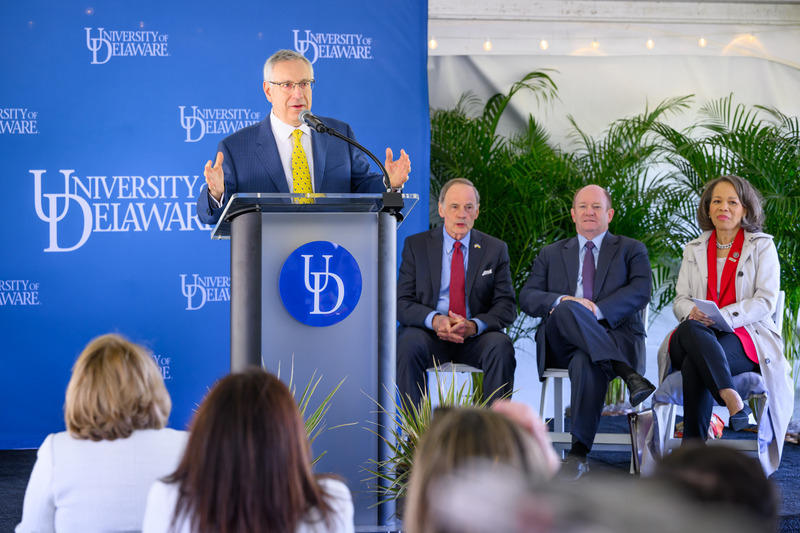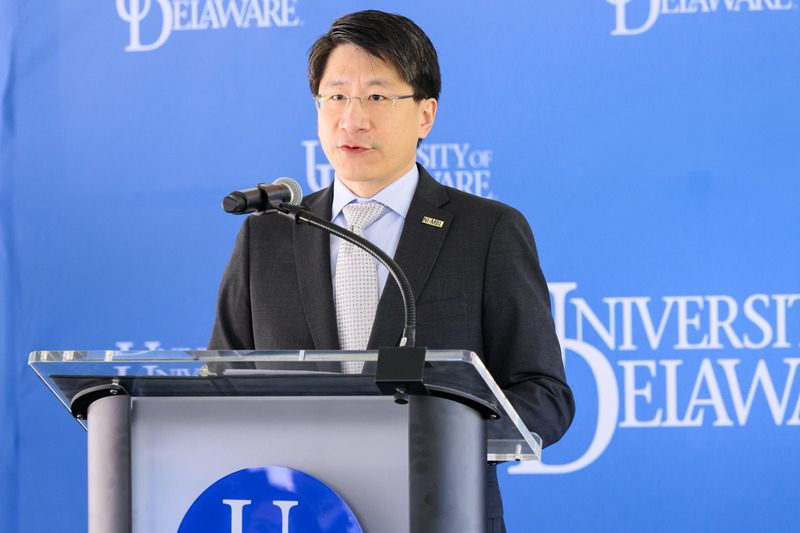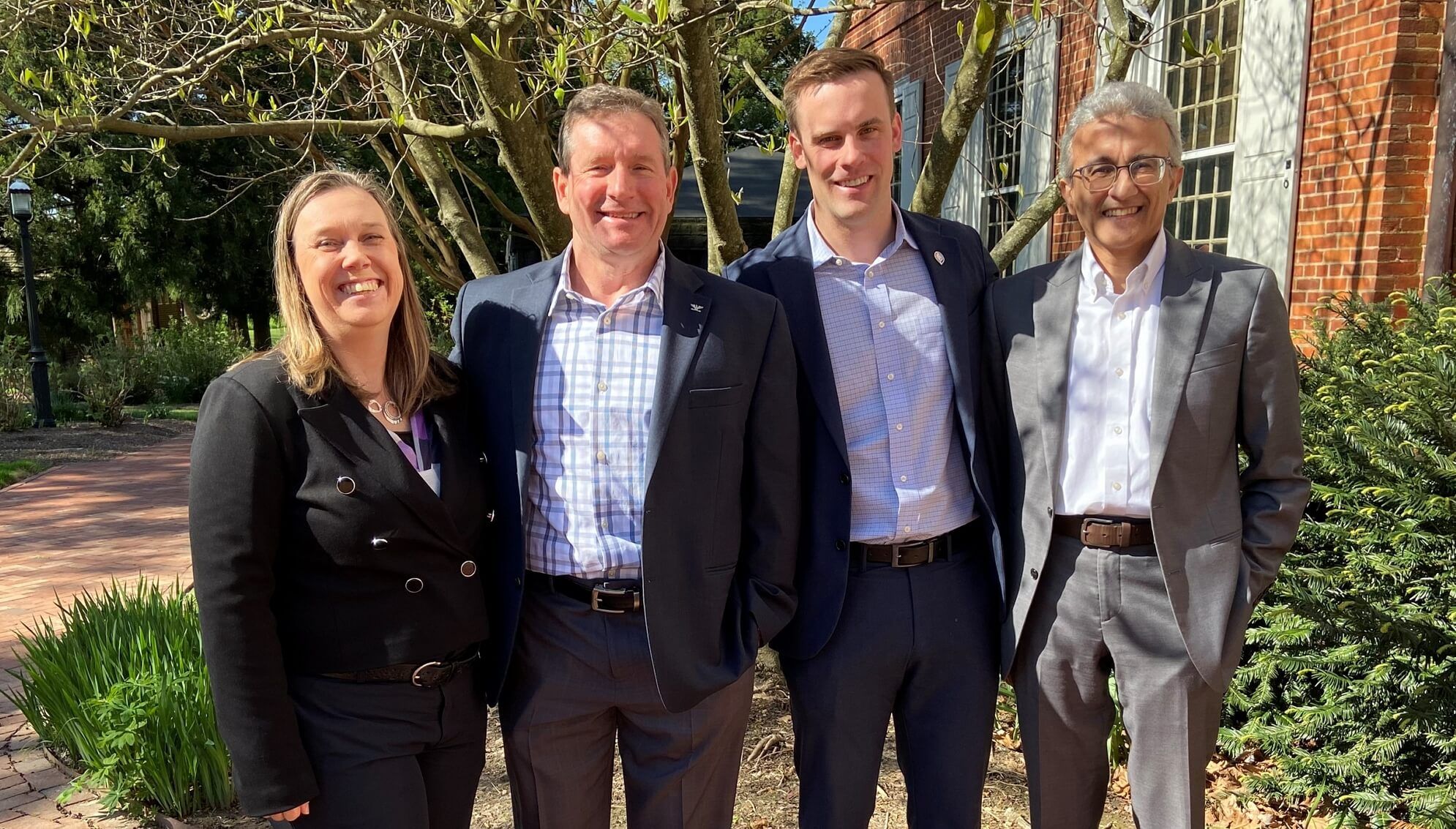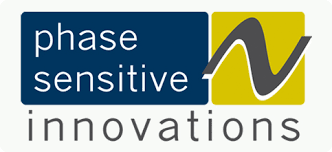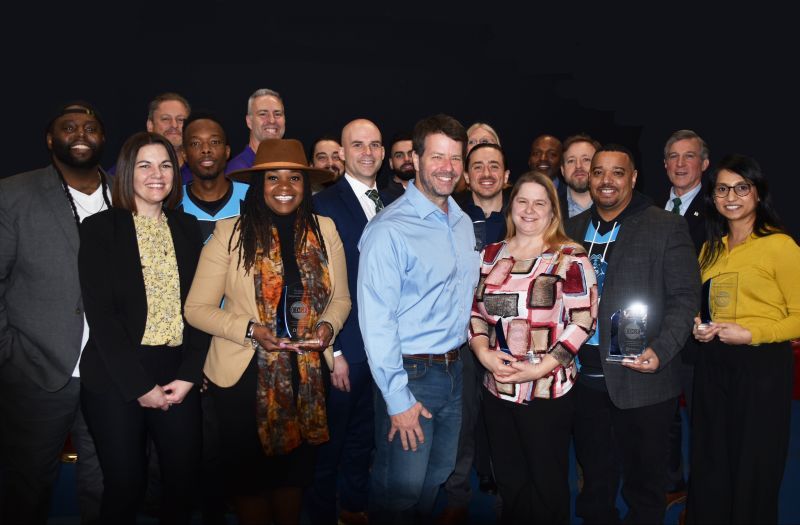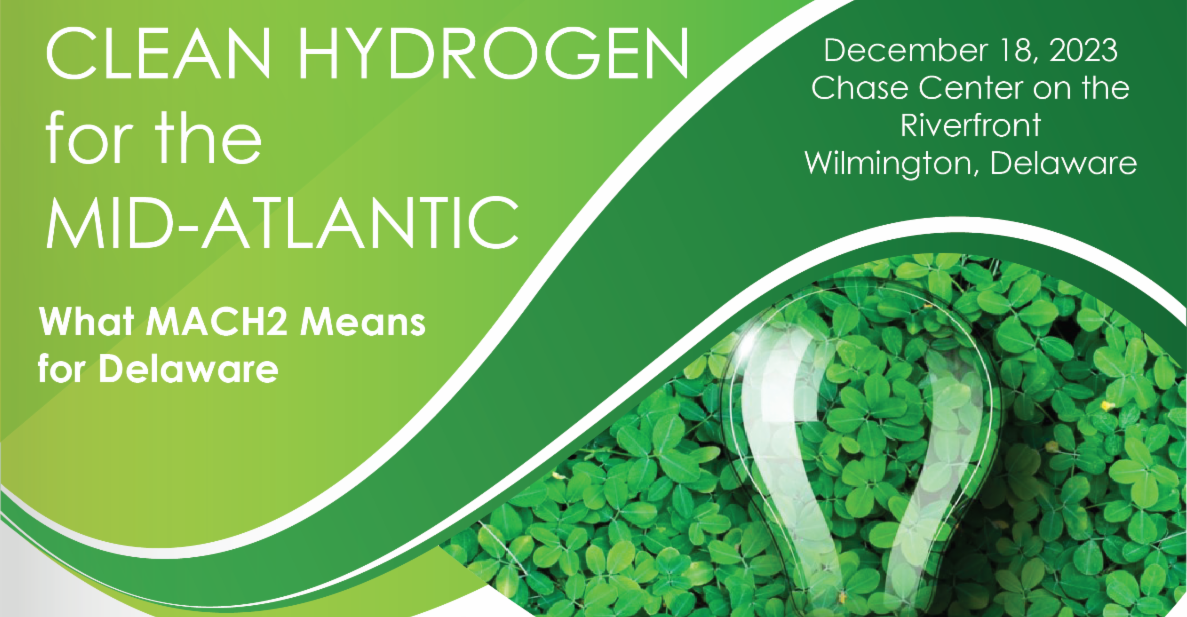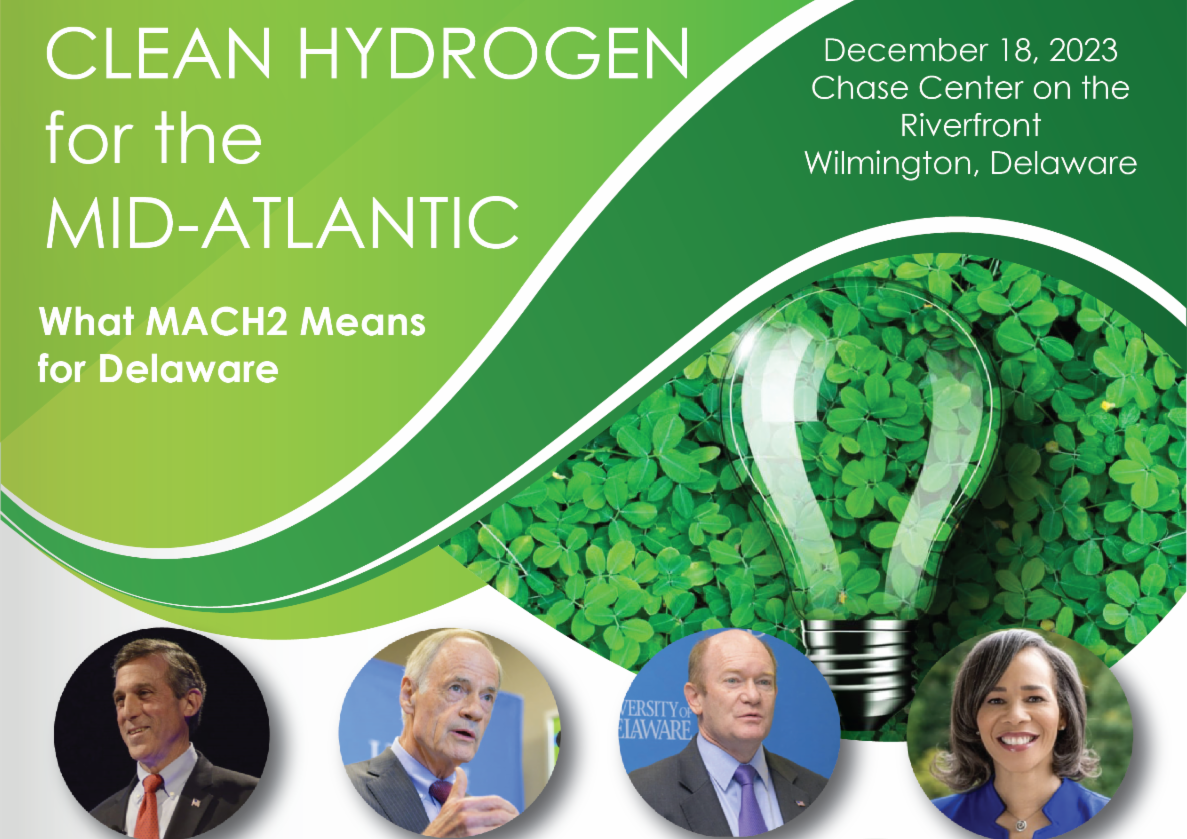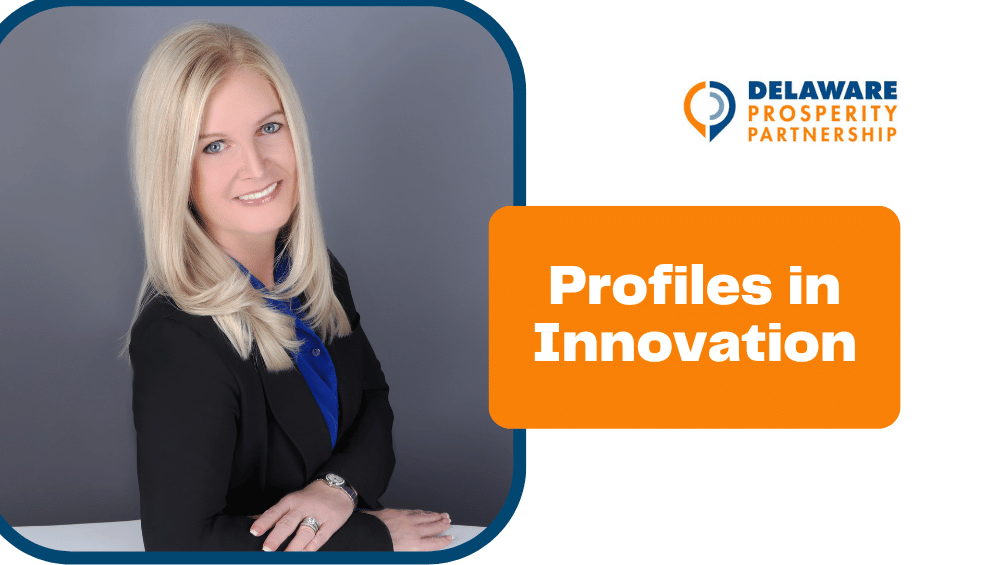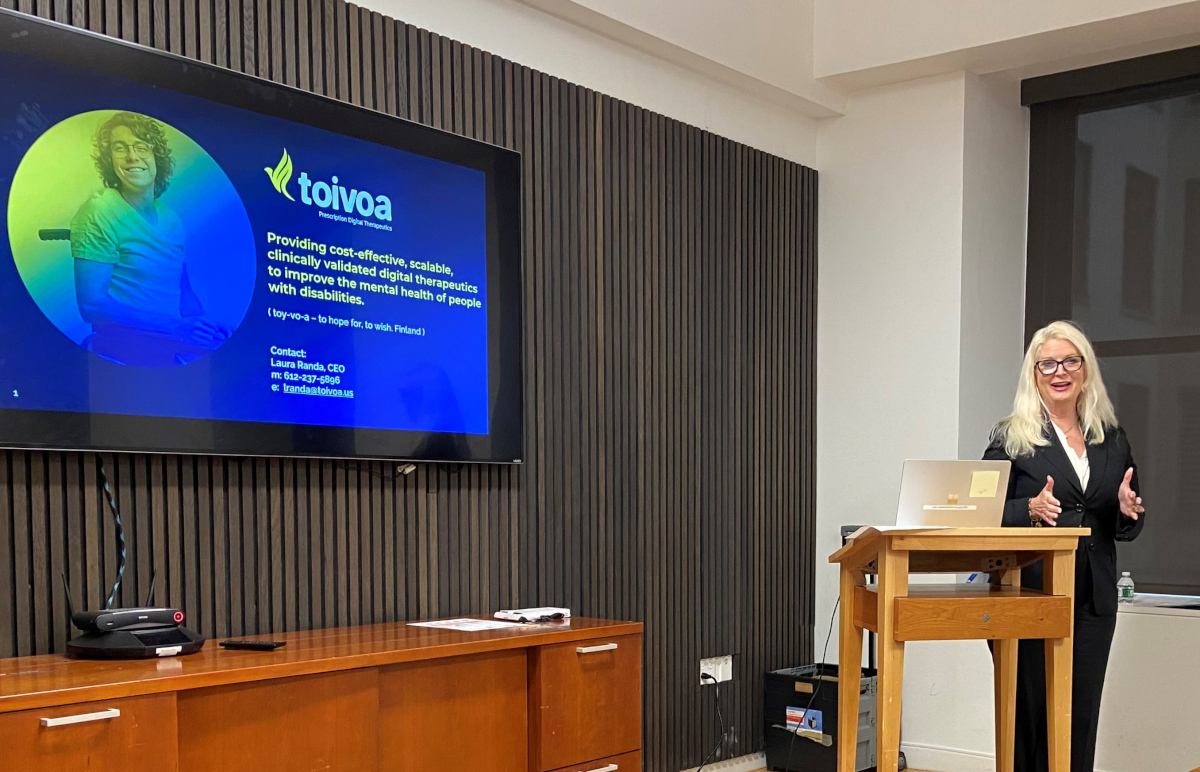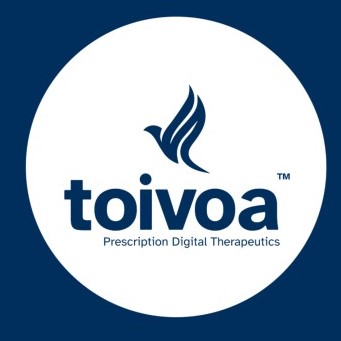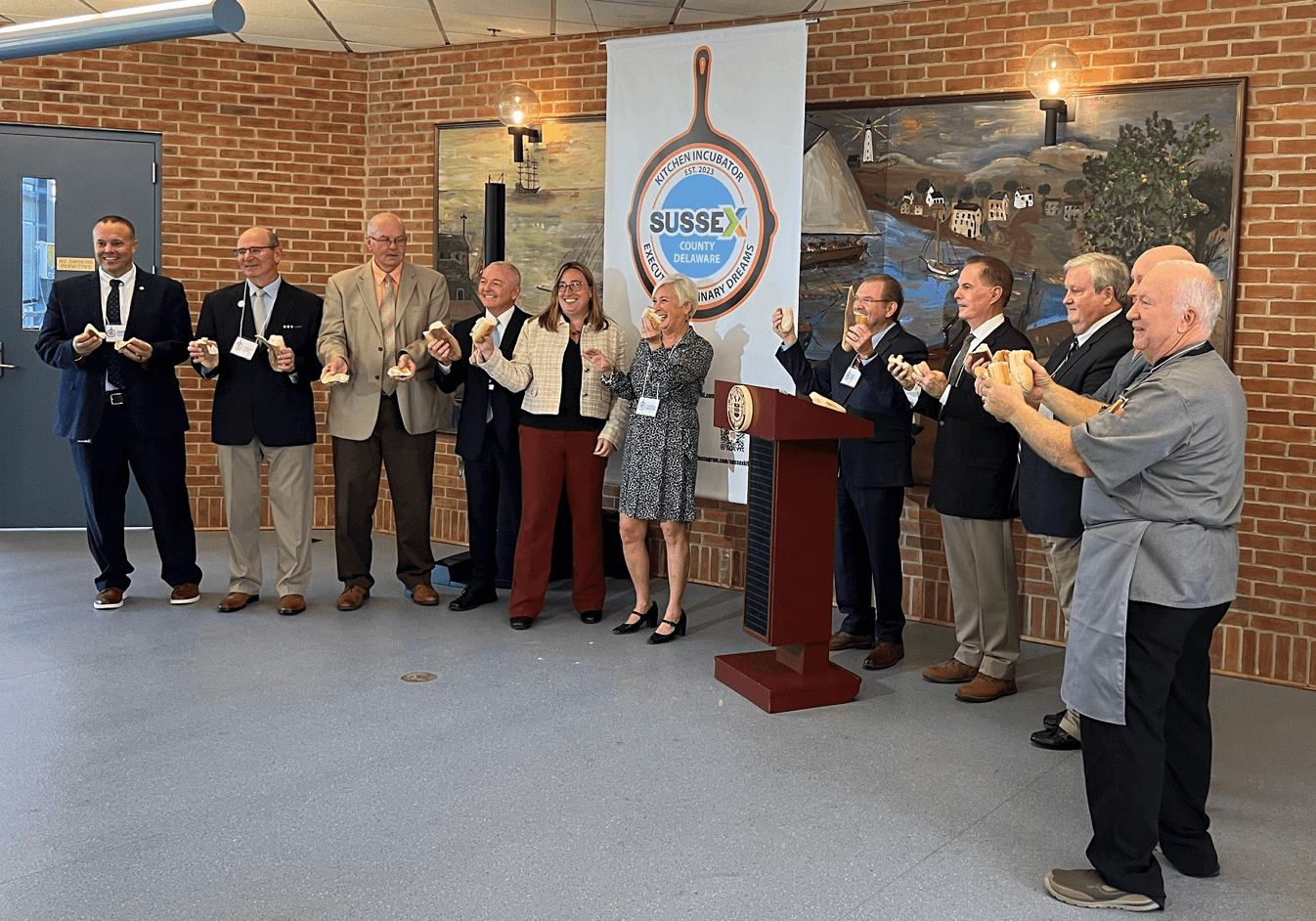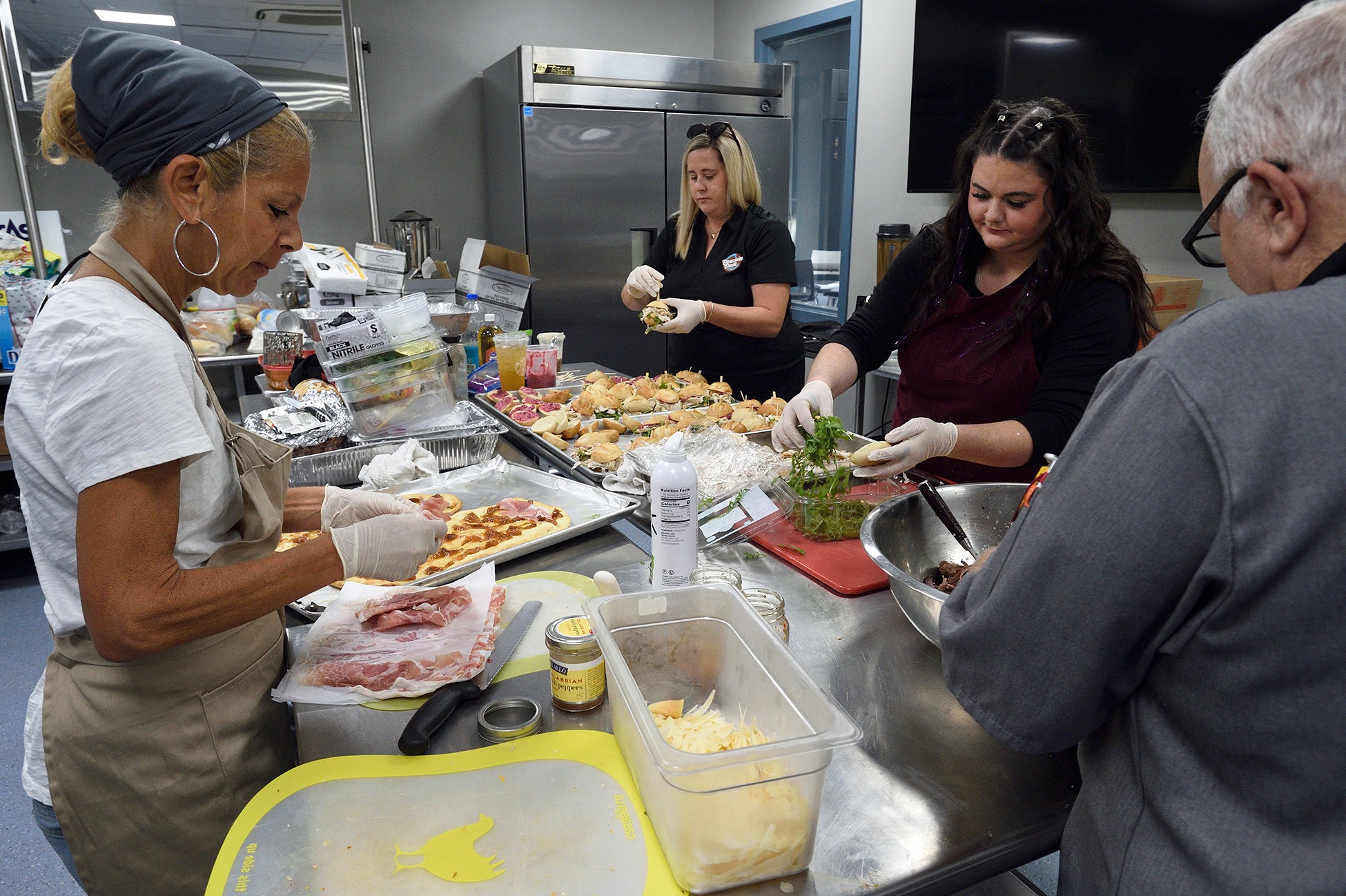Startup302 Accepting Entries Jan. 2 to 28
Delaware’s 5th annual Startup302 funding contest accepting entries January 2 to 28
Ventures with underrepresented founders can win share of over $100,000 in grants, mentoring and connections
December 20, 2024
Applications for Delaware’s fifth annual Startup302 funding competition will be accepted January 2 through 28 from technology-enabled startups with high-growth potential and at least one founding team member from an underrepresented group. Prizes include cash grants from a pool of over $100,000 along with mentorship opportunities and connections with potential investors and key influencers.
Coordinated by Delaware Prosperity Partnership and innovation-supporting partners from throughout the Delaware business community and beyond, Startup302 launched in 2020 and has provided $800,000 in funding to 52 ventures since 2021. This year’s categories of FinTech, Life Sciences, and Environmental Impact reflect Delaware’s evolving innovation and industry landscape.
Startups must be tech-enabled with at least one founder from an underrepresented group: women; people of color, including African Americans, Latin Americans and Native Americans; and members of the LGBTQ+ community – all groups whose ventures are underinvested in relative to their demographic’s percentage of overall United States population. Because Startup302 seeks to foster diverse perspectives, promote inclusive and equitable consideration and attract diverse communities of founders to the region, startups don’t have to be Delaware-based to enter. Thanks to sponsors, there is no charge to enter.
“Providing access to key funding and facilitators who can make a difference in their development is a vital part of helping startups realize their potential,” said DPP Director of Innovation Noah Olson. “Startup302 strengthens Delaware’s innovation ecosystem by providing this access to entrepreneurs seeking financial and networking boosts for their businesses.”
This year’s competitors will be chosen from applicants in the Delaware business community who enter by the January 26 deadline. After going through multiple rounds of consideration, finalists will be notified of their status on March 17. The finals for each of the three categories will take place in person during a different industry event taking place in Wilmington. Winners will be announced at the conclusion of each day’s competition.
This year’s Startup302 prize sponsors include the Delaware Division of Small Business, Discover Bank, DuPont, FMC, M&T Bank, Highmark Delaware, JPMorganChase, Delaware Biotechnology Institute, The Mill, Bronze Valley VentureLab and University of Delaware Horn Entrepreneurship. Additional sponsorship opportunities are available.
Organizing partners include the Innovation Space, Chartline Capital Partners, CAFÉ (Center for Accelerating Financial Equity), the Delaware Small Business Development Center, the Delaware Bioscience Association, the Delaware Sustainable Chemistry Alliance (DESCA), The Emerging Enterprise Center, the Pete DuPont Freedom Foundation, the Women’s Business Center at True Access Capital and World Trade Center Delaware.
An online information session for prospective entrants was recorded December 1 and is available for prospective applicants to review at startup302.org. The video answers frequently asked questions regarding the competition’s requirements and judging criteria and includes commentary from 2024 winner Megan Pillsbury of Dunya Analytics.
Full contest details and the application also are at startup302.org. Additional questions may be directed to DPP Innovation Manager Erica Crell at ecrell@choosedelaware.com.
Newsletter Sign Up
Stay Up To Date With Delaware
